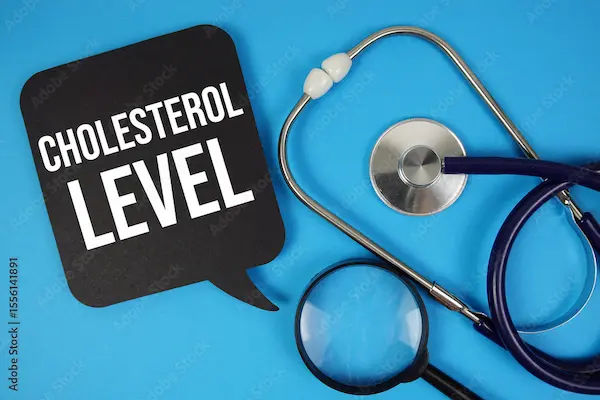- male
- 20 Years
- 29/01/2025
I'm getting ready for my aviation medical, and I had an ECG done. The report showed ST segment elevation in the anterior, large T waves, and it said "borderline ECG." I'm 20 years old, weigh 82kg, and I'm 176cm tall. Should I be worried about any of these findings? What do they really mean, especially with my age and size?
Answered by 1 Apollo Doctors
Based on the ECG findings of ST segment elevation (anterior), large T wave, and borderline ECG, along with your age, weight, and height, it is important to further evaluate these findings. These ECG changes could indicate various conditions such as myocardial infarction, myocarditis, pericarditis, or other cardiac issues. I recommend consulting with a cardiologist for a thorough evaluation and appropriate management. In the meantime, it is important to avoid strenuous physical activity and follow a heart-healthy diet. Medications such as aspirin, nitroglycerin, and beta-blockers may be prescribed based on further evaluation by your cardiologist.
Dr. Chandra Suggests...
Consult a Cardiologist
Answered 04/07/2025
0
0

More Cardiology Health Queries
View allMy mom has a 28 mm hole in her heart. Can the immune system heal this naturally, or is surgery necessary? I'm also curious whether treatments like Ayurveda might help. What do you suggest?
A 28 mm hole in the heart, likely referring to a congenital defect such as an atrial septal defect (ASD) or a ventricular septal defect (VSD), typically requires medical intervention. This size of a defect is unlikely to close on its own and can lead to serious complications if left untreated. Surgery or a catheter-based procedure is usually required to close such a large defect. Ayurveda or other alternative therapies are not effective for treating structural heart defects. It's crucial to consult with a cardiologist to discuss the appropriate treatment options for your mother
Answered by 1 Apollo Doctors
Got my lipid profile test back, and it turns out my cholesterol levels are at 257. I'm pretty concerned about it. Could you let me know what steps I should take to manage this?
With a cholesterol level of 257, consider lifestyle modifications and dietary changes to help lower your cholesterol; aim to increase soluble fiber intake through foods like oats, barley, and fruits, and reduce saturated and trans fats by limiting dairy, red meat, and processed foods; also, incorporate aerobic exercise, stress management, and weight loss
Answered by 1 Apollo Doctors
I'm a 46-year-old guy who's a bit on the heavier side. I've always been healthy, but lately, they've told me I've got hypertension. I'm not a fan of allopathic medicine because I'm worried about the long-term side effects. Do you have any natural treatment options for dealing with hypertension?
reduce weight and saly intake and consult your doctor
Answered by 1 Apollo Doctors
Disclaimer: Answers on Apollo 247 are not intended to replace your doctor advice. Always seek help of a professional doctor in case of an medical emergency or ailment.





